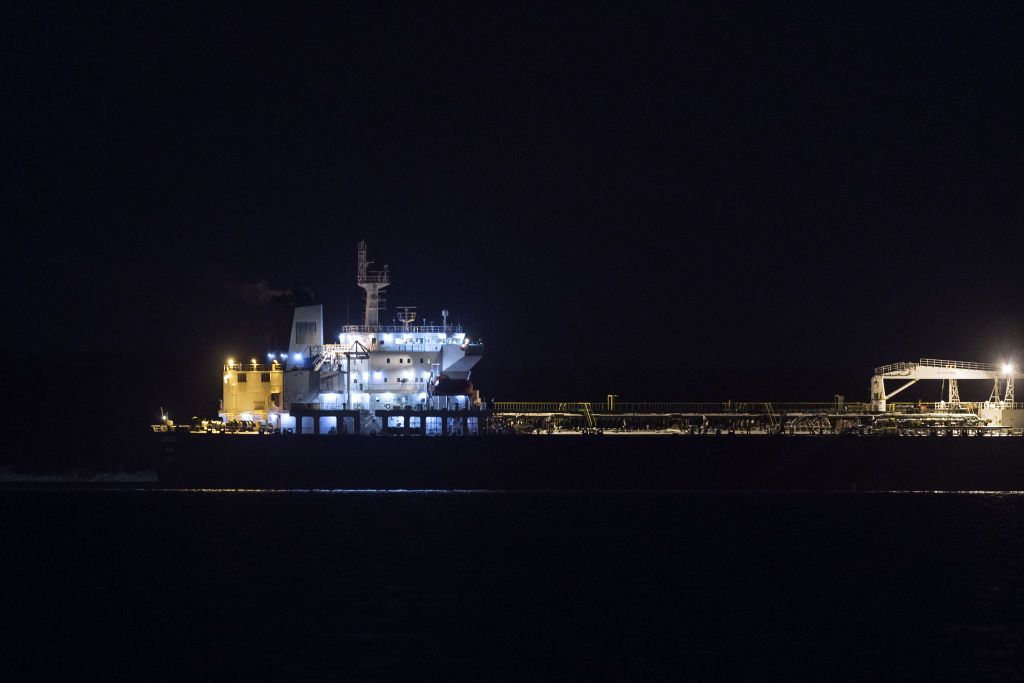Explosion on Oil Tanker at Ust-Luga Port: Incident Overview and Response
On February 9, 2023, an explosion occurred on an oil tanker at the Ust-Luga port in northwest Russia, prompting an immediate evacuation of the crew. According to the Federal Agency for Sea and Inland Water Transport (Rosmorrechflot), the blast took place in the engine room of the Koala, a vessel docked at the port. Authorities quickly responded to the incident, ensuring the safety of the crew and initiating an investigation into the cause of the explosion. Rosmorrechflot confirmed via Telegram that no oil spill or cargo leak occurred, and the ship was not at risk of sinking. Despite the severity of the incident, no casualties were reported.
Background of the Vessel and Incident Context
The Koala, a tanker built in 2023 and sailing under the flag of Antigua and Barbuda, had arrived at the Ust-Luga port on February 6, according to ship-tracking data from Vesselfinder. At the time of the incident, the vessel was carrying approximately 130,000 tonnes of heavy fuel oil. While the exact cause of the explosion remains unknown, authorities have launched a thorough investigation to determine the circumstances surrounding the event. The incident raises concerns about maritime safety, particularly in light of recent tanker-related accidents in the region.
Recent Tanker Accidents and Rising Concerns
The explosion on the Koala is the latest in a series of incidents involving oil tankers in recent months. In December 2022, two oil tankers were wrecked in the Black Sea, resulting in a significant fuel spill that continues to impact the shoreline. These incidents have highlighted the vulnerabilities in maritime operations and the potential environmental and economic consequences of such accidents. The Ust-Luga port, a critical hub for Russia’s oil and gas exports, has become a focal point for concerns related to maritime safety and sanctions evasion.
Investigation and Sanctions Implications
While the cause of the explosion is still under investigation, the incident has drawn attention to the broader context of Russia’s oil exports and the use of "shadow fleets" to circumvent Western sanctions. The U.S. government has designated over 180 Russian vessels as part of this shadow fleet, though the Koala is not included on this list. Ukraine’s security services have also claimed responsibility for a drone attack on a fuel terminal at Ust-Luga last month, further escalating tensions in the region. President Volodymyr Zelensky has approved sanctions against 57 captains of Russia’s shadow fleet, as well as 55 individuals involved in looting Ukraine’s cultural heritage in occupied Crimea.
Environmental and Security Implications
The incident at Ust-Luga underscores the delicate balance between economic interests, environmental protection, and geopolitical tensions.While no oil spill or cargo leak occurred in this case, the potential for such outcomes in future incidents remains a significant concern. The repeated targeting of Russian oil infrastructure by Ukraine and its allies highlights the critical role of Ust-Luga and other ports in Russia’s sanctioned oil and gas exports. As investigations unfold, the international community will be closely monitoring developments to assess the broader implications for global energy markets and regional stability.
Conclusion: A Call for Enhanced Safety Measures and Dialogue
The explosion on the Koala serves as a stark reminder of the risks associated with maritime operations, particularly in a region fraught with geopolitical tensions. While the immediate response to the incident was effective in preventing further damage, the recurring nature of such events underscores the need for enhanced safety measures and international cooperation. Addressing these challenges will require a multifaceted approach, balancing the imperatives of energy security, environmental protection, and conflict resolution. As the investigation into the Ust-Luga explosion continues, the global community remains vigilant, recognizing the potential for such incidents to escalate tensions and disrupt critical supply chains.












